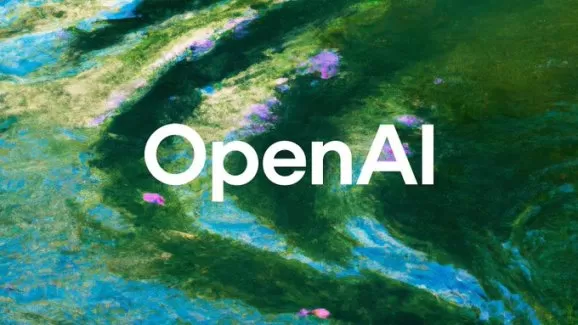“Revolutionizing AI Economics: OpenAI’s Strategic Shift and the Impact on Our Future”
In the rapidly developing world of artificial intelligence (AI), OpenAI has emerged as a major player, continuously pushing the boundaries of what is possible with this technology. Recently, the company made a groundbreaking announcement that has sent ripples throughout the industry and beyond – the release of their open-source model, GPT-3.
For those unfamiliar, GPT-3 (Generative Pre-trained Transformer 3) is a language processing AI model that has been making waves since its release in June 2020. It has been hailed as a major breakthrough in natural language processing, boasting an impressive 175 billion parameters – making it the largest language model to date.
But what makes this release even more significant is the fact that OpenAI has decided to make GPT-3 open-source, meaning that the code and data will be available for anyone to access and use. This move marks a strategic shift for the company, as they move away from their previous business model of developing and selling AI applications.
OpenAI’s co-founder and CEO, Sam Altman, explains the reasoning behind this decision in a blog post, stating that their goal is to “ensure that AI is developed in a way that is safe and beneficial for all.” By making GPT-3 open-source, they hope to encourage collaboration and innovation within the AI community, resulting in more responsible and ethical use of this powerful technology.
But this decision has also sparked debates and discussions about the impact of this move on the economics of AI. With GPT-3 being freely available, will this disrupt the current business models of AI companies? Will it democratize access to AI technology? And what does this mean for the future of AI and its role in our society?
To answer these questions, we must first understand the current landscape of AI economics.
The Economics of AI: How Companies Make Money
AI has become a lucrative industry, with companies such as Google, Amazon, and Microsoft investing billions of dollars in research and development. But how do these companies make money from AI?
There are three main ways in which companies generate revenue from AI:
1. Developing and selling AI applications: This is the traditional model that OpenAI is moving away from. In this model, companies develop and sell AI applications, such as virtual assistants or chatbots, to businesses or consumers.
2. Providing AI services: Companies can also offer AI services, such as data analytics or machine learning, to other businesses for a fee. This model is commonly seen in the healthcare and finance industries, where AI is used for data analysis and decision-making.
3. Using AI to improve existing products: Finally, companies can incorporate AI into their existing products or services to enhance their functionality and attract more customers. For example, AI-powered recommendation engines used by streaming services like Netflix and Spotify.
With the release of GPT-3, OpenAI’s move towards open-source AI is challenging the traditional model of developing and selling AI applications. This shift could potentially disrupt the current economics of AI, and here’s how.
Disrupting the AI Market: The Impact of OpenAI’s Strategic Shift
Open-source software has been around for decades, with Linux being a prime example of its success. In the world of AI, open-source libraries like TensorFlow and PyTorch have enabled developers to access powerful AI tools without having to pay for expensive licenses.
However, the release of GPT-3 is on a whole different level. The model is not just a tool, but a powerful AI application in itself. And by making it open-source, OpenAI has removed the barriers of entry for anyone looking to develop AI applications or services. This could potentially lead to a surge in AI development and innovation, as more developers are now able to access state-of-the-art AI technology.
But this also means that AI companies that rely on selling applications or services may face increased competition. With GPT-3 being freely available, businesses may choose to use the open-source version rather than paying for a licensed one. This could result in a decline in revenue for companies that solely focus on developing and selling AI applications.
On the other hand, companies that provide AI services may see a positive impact from this shift. With more developers using GPT-3 to create innovative solutions, the demand for AI services could increase, resulting in more business opportunities for service providers.
Democratizing AI: The Potential for a More Inclusive Society
One of the significant implications of OpenAI’s decision to make GPT-3 open-source is the potential to democratize access to AI technology. As mentioned earlier, AI has been primarily controlled by big tech companies, making it inaccessible to smaller businesses and organizations.
But with GPT-3 being open-source, smaller companies and startups now have access to the same technology as their more prominent counterparts. This could level the playing field and allow for more competition and innovation in the AI space.
Moreover, open-source AI can also lead to more ethical and responsible use of this technology. With more eyes on the code and data, flaws and biases can be identified and addressed, leading to more inclusive and unbiased AI models.
The Future of AI: Collaboration and Responsibility
OpenAI’s strategic shift towards open-source AI has sparked discussions about the future of AI and its role in society. While the release of GPT-3 has the potential to disrupt the current economics of AI, it also presents an opportunity for collaboration and responsible use of this technology.
As AI continues to evolve and become more integrated into our daily lives, it is crucial for companies to prioritize ethical and responsible development. Open-source AI can pave the way for a more inclusive and diverse AI community, where collaboration and innovation can lead to solutions that benefit society as a whole.
In conclusion, OpenAI’s decision to release GPT-3 as open-source marks a significant shift in the economics of AI. While it may disrupt the traditional business models of AI companies, it also has the potential to democratize access to AI technology and promote responsible development. As we move towards a future where AI plays a more prominent role, collaboration and responsibility must be at the forefront to ensure a better and more inclusive society.
Referência:
Clique aqui



0 Comments